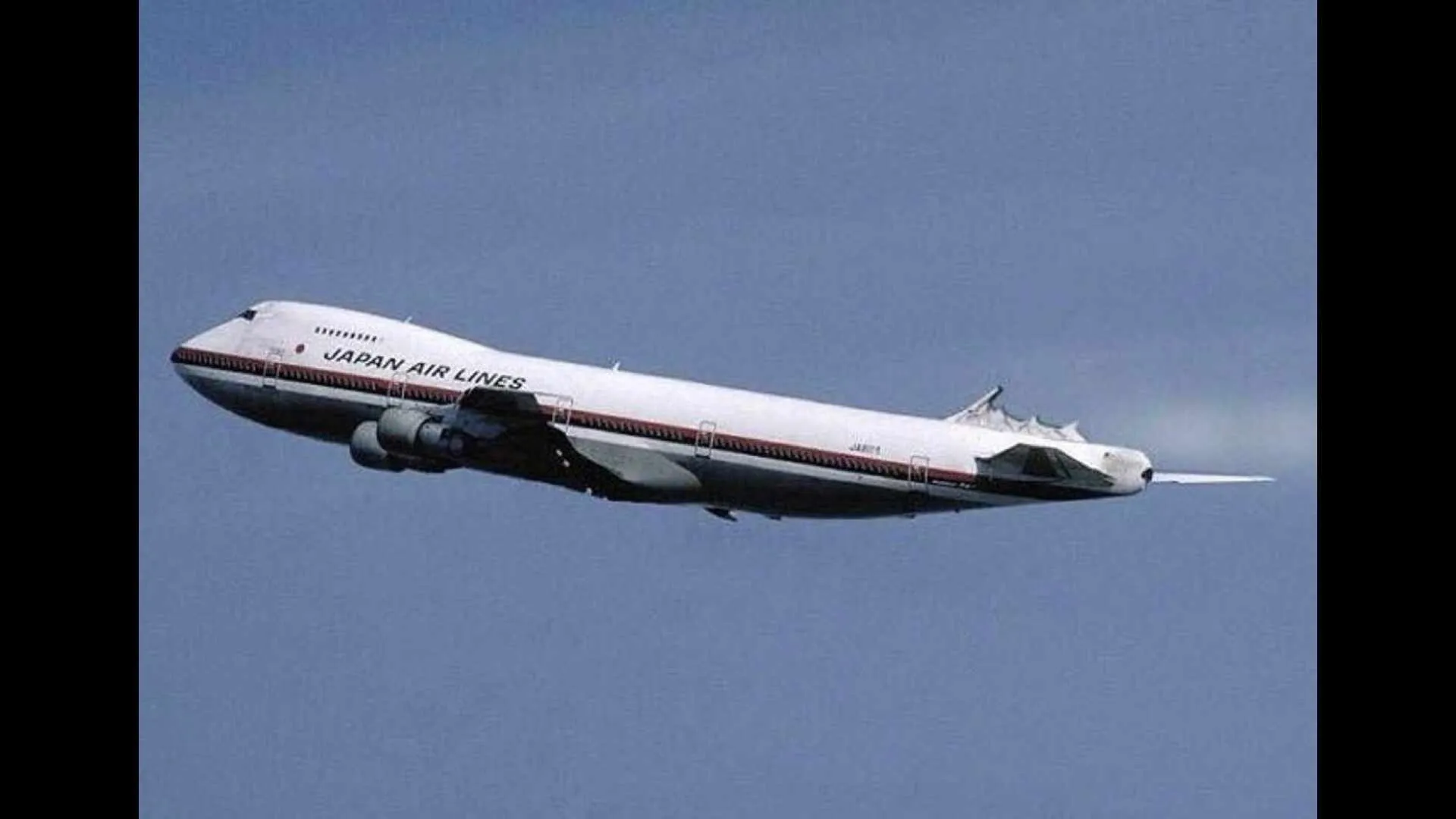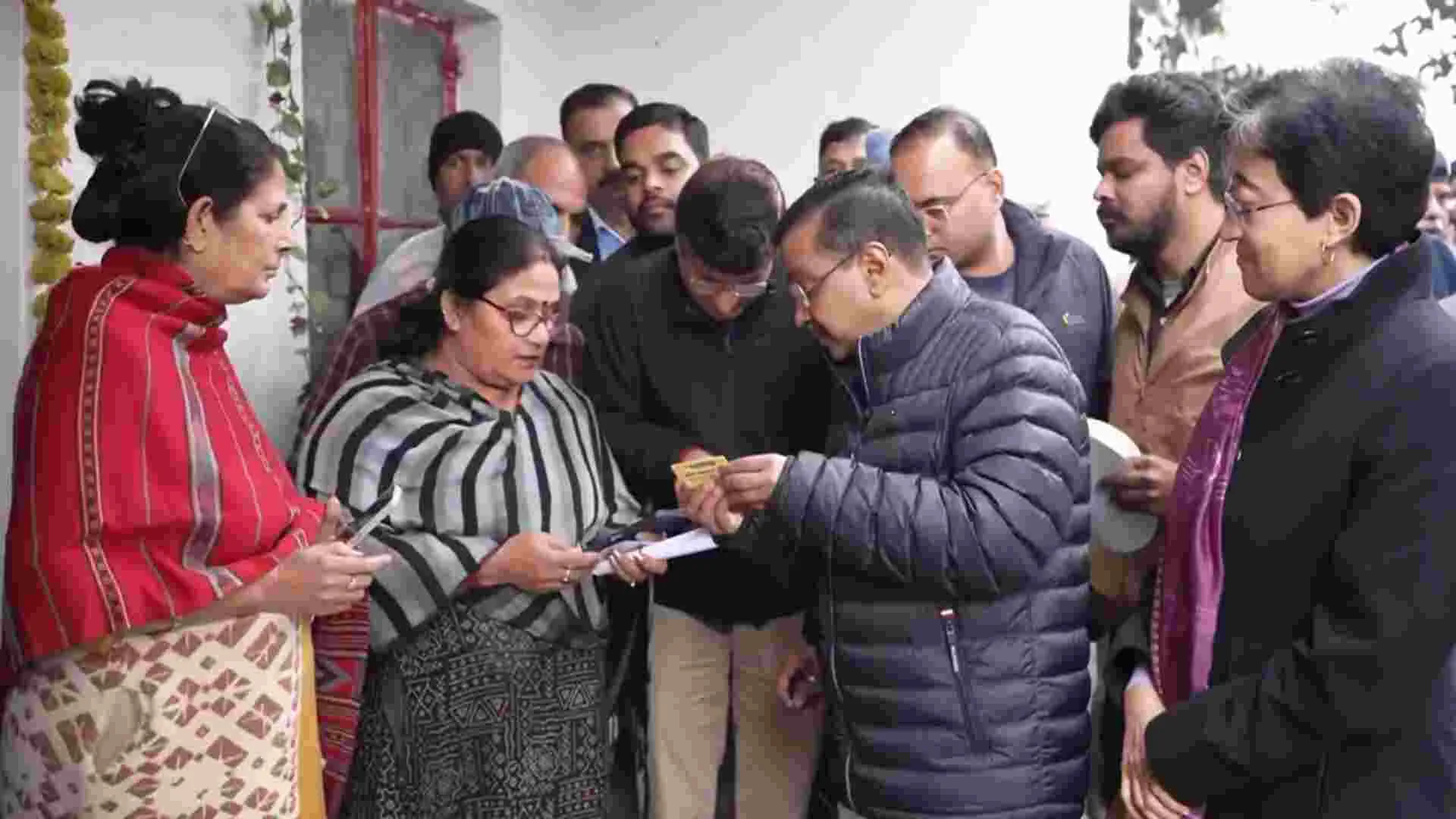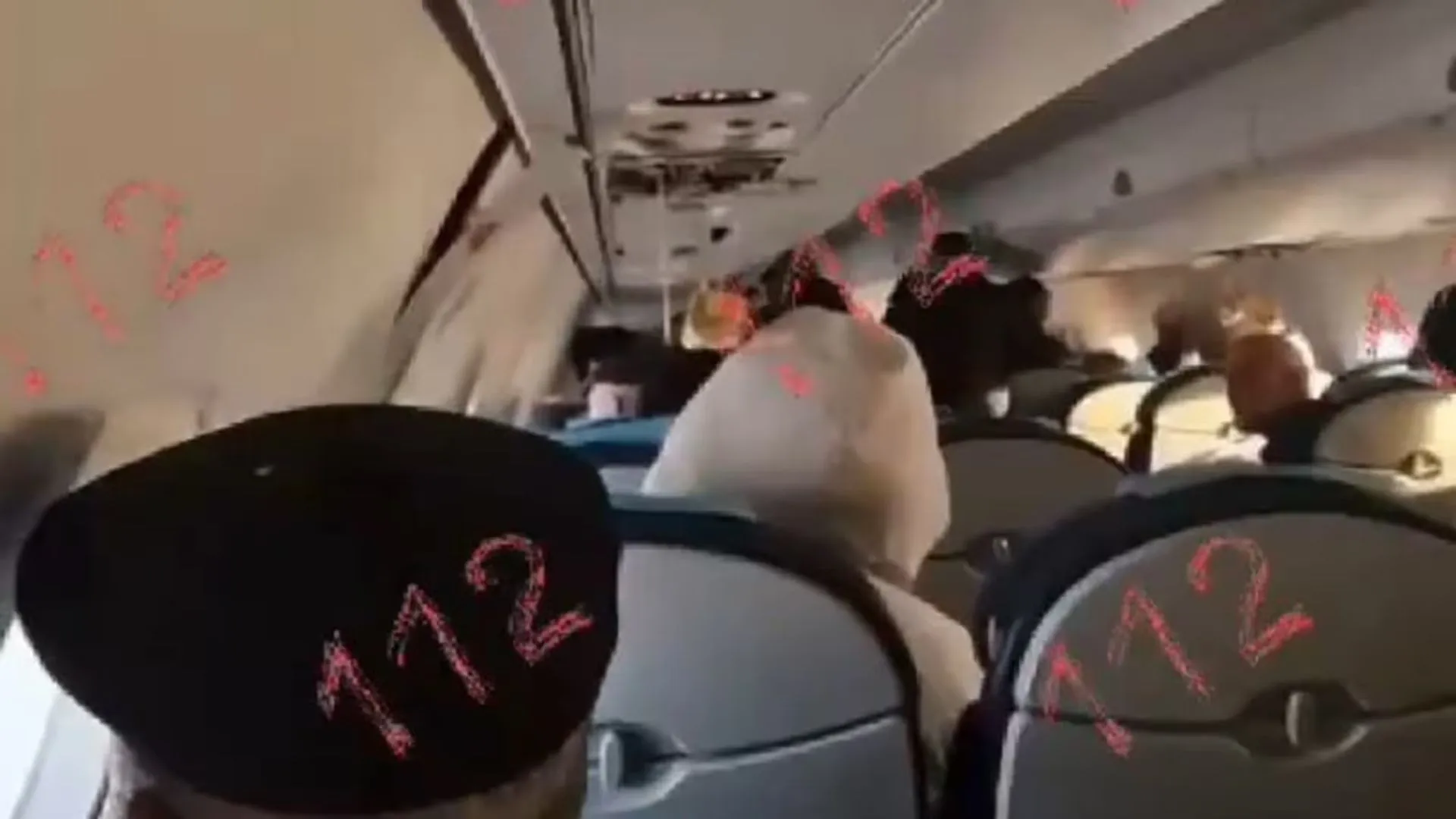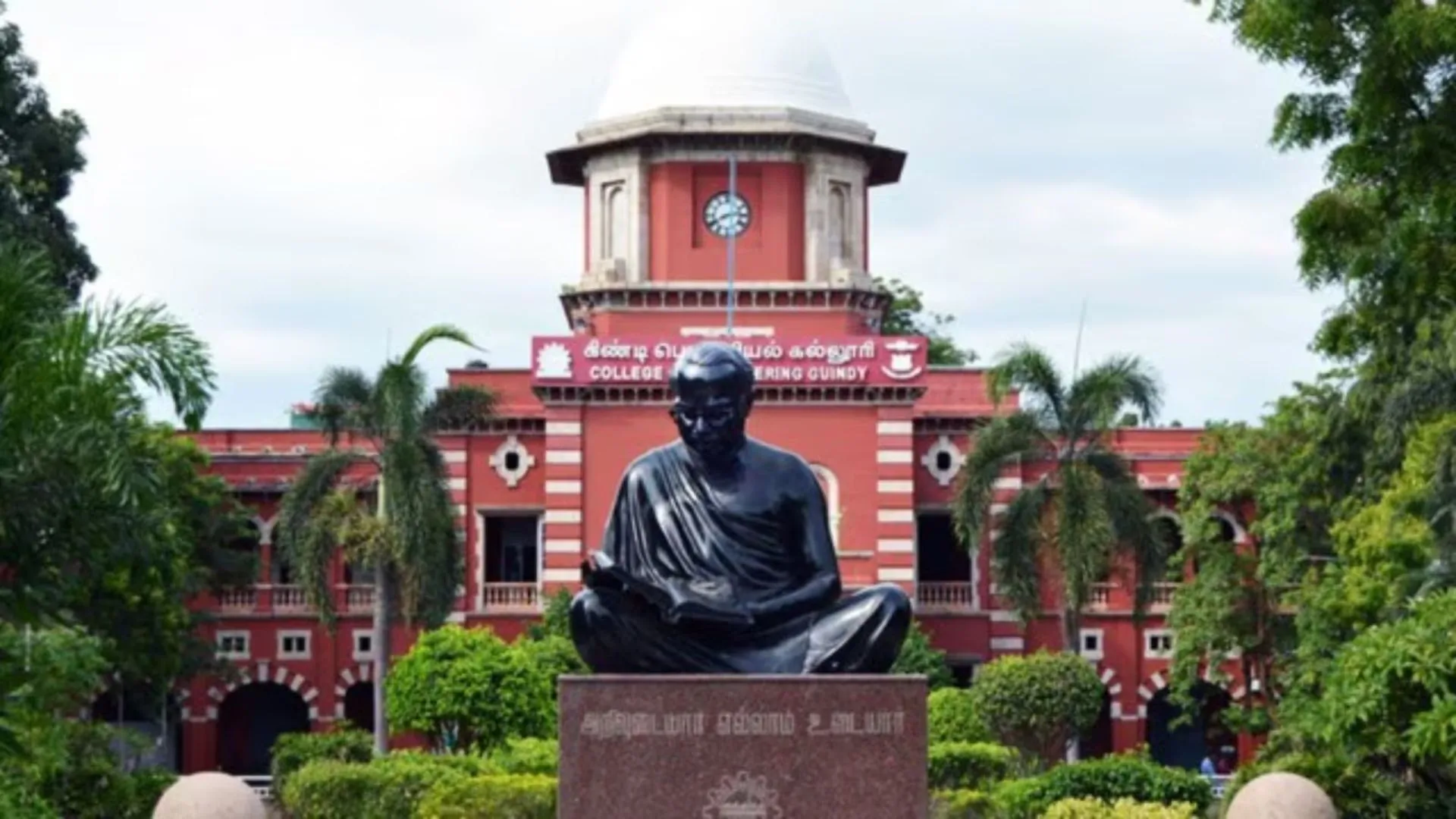Test paper leak of NEET (UG) 2024 and the consequent cancellation of the test is an extremely unfortunate development indeed having adverse effect on the learning system, that too in the sacred land of Bharat where civilizational discourses were shaped by the life-values of the Rama and Krishna, the Buddha, the Mahavira and the Gurus. This has tarnished India’s image and standing globally. Affected youth are under tremendous stress, anxiety and mental agony and are worrisome of their future. Learning cycle is on the verge of moving out of hand severely impacting demographic dividend in respect of intellectual, economic and social imperatives. Though unavoidable, the decision for re-conducting NEET (UG) and UGC-NET is not only extremely painful but also a waste of time, energy and national resources for unproductive purposes. Personally, I am with the learners in this hour of academic crisis. However, like Corona pandemic, we need to stand unitedly to hammer out this crisis as well.
In spite of the best efforts by the testing agencies, leaking of question papers and other issues cropped in jeopardising the future of millions of youth. Obviously, current crisis is the result of unethical acts by a few unscrupulous elements. Such acts should be condemned, unequivocally. However, the wisdom lies in facing such a challenge unitedly to minimise the loss, instead of politicising it, in the larger interest of the nation. It is a great learning lesson for the government, especially the NTA to revisit its operations for mid-course corrections and reformulate strategies for seamless conduct of the tests negating all plausible evildoing.
Constitution of a high level committee for recommending disruptive measures to overhaul operations of NTA – one of the largest testing agencies credited with conducting several tests of higher magnitude successfully, and ordering CBI inquiry promptly are the timely and bold decisions by Shri Dharmendra Pradhan Ji, Minister of Education. Further, attributing moral responsibility of this failure on the NTA, Government has removed Director General Mr. Subodh Kumar Singh from this position, and NEET-PG has been postponed. Government has also notified the Public Examination Act to curb unfair practices, paper leaks and to bring greater transparency, fairness and credibility. The Act provides for Rs. One Crore fine and imprisonment up to ten years to the offenders. All these pre-emptive measures demonstrate the commitment of the government for ensuring a transparent and error-free delivery by the NTA. CBI is on the job and nabbing alleged culprits including teachers from several States. Hopefully, CBI will be able to reconstruct the actual story and intent behind the paper leak. Enacting full-fledged law with severe punitive measures for the offenders without loopholes and ensuring strict enforcement of the provisions contained therein are needed to prevent recurrence of such unlawful acts. Here lies the real significance of universal human values, morals and ethics emphasised by NEP2020.
Homo sapiens differ from other life-forms essentially in their ability to comprehend logically, rationally and above all, ethically and reflect accordingly. A person without these attributes is a Homo sapiens only biologically and not organically. Ethical mind-set and ability to differentiate between right and wrong is the cumulative function of what is learnt in the family, in the society and in the alma mater. These three institutions of learning have to walk extra miles to meet the growing socio-economic-intellectual needs of the nation. Contrarily, how unfortunate it is that a few youths, the very product of education system, are themselves hell bent on destroying the system like termites. In fact, no one can save the farm which is destroyed by the fencing itself. A very dangerous trend is emerging, that the disgruntled antisocial elements think that they have every right to break the laws using unethical means, and law enforcing agencies and institutions including government are duty bound to stop such unlawful acts failing which they are branded as failed. Thus, the agencies are forced to make wasteful expenditure of time, energy and resources.
The high level committee headed by former ISRO chief K. Radhakrishnan is tasked with recommending reforms in the examination process, improving data security protocols, and enhancing the structure and functioning of the NTA. Edu-tech companies, academic societies, NGOs, media, parents, students and most importantly, political parties should scratch their heads together to submit suggestions with regard to above points to the high level committee to enable it to recommend systemic reforms in the structure and operations of NTA. A high-tech and AI-enabled, robust and a foolproof testing policy framework is needed to be developed. Reputed edu-tech-companies may be mandated to develop such a robust system using hit and trial methods. The framework thus developed should be tested for all-possible manoeuvring before it is put into practice.
Moreover, there is a mismatch between the expectations of the nation from the public funded institutions and the quality infrastructure and skilled manpower support provided for their seamless operations. So is the case seeming to be with the NTA. Established in 2017 to conduct national level tests for promoting single-window admissions to professional courses, infrastructure and manpower improvement has been meagre since then whereas its functions and responsibilities have increased manifold, especially the number of tests to its kitty. This seems to be the most plausible reason for the perceived lapses on the part of NTA. Thus, there is urgent need to equip NTA with experienced manpower and AI-enabled infrastructure for conducting multiple tests of high magnitude throughout geographic extents of India, and even abroad.
Reverting back to decentralised and manual entrance examinations at this stage will be a retrograde and counter-productive step. Systemic reforms in the assessment process in vogue is the need of the hour. Periodic assessment of concept-based learning, critical thinking, creativity and skill-sets will be much more meaningful as compared to one-time high voltage entrance examinations. This will help reduce the stress and anxiety level of students and parents alike and will also help cap the mushrooming coaching industry. Here, I am reminded of the sarcasm of TS Elliot in “The Rock” (1934): Where is the life we have lost in living? Where is the wisdom we have lost in knowledge? Where is the knowledge we have lost in information? This implies that we need to revisit both, the purpose of life and of education, to contextualise these for greater deeds.
The current turmoil of the irregularities in the NEET-UG has initiated a countrywide debate on the ethics and modalities in conducting competitive examinations. The perceived laxity on the part of NTA in conducting NEET-UG has led to public outburst. In response, the Centre Government has taken a series of bold decisions promptly and appropriately for balming the affected youth. Eminent scholar Franco Santoro says “Healing takes place when grievances are given ample and patient space to be acknowledged, when there is transparency and honesty, when everybody is given the chance to be heard, when nobody is excluded, when people can accept the energy of the conflict and use it as a major opportunity for growth.” All the steps taken by the Government seem to be towards the corrective path as propounded by Franco Santoro and have huge potential to redress the grievances of NEET and other aspirants.
Views are personal.
Prof. Raghavendra P. Tiwari, Vice Chancellor, Central University of Punjab








